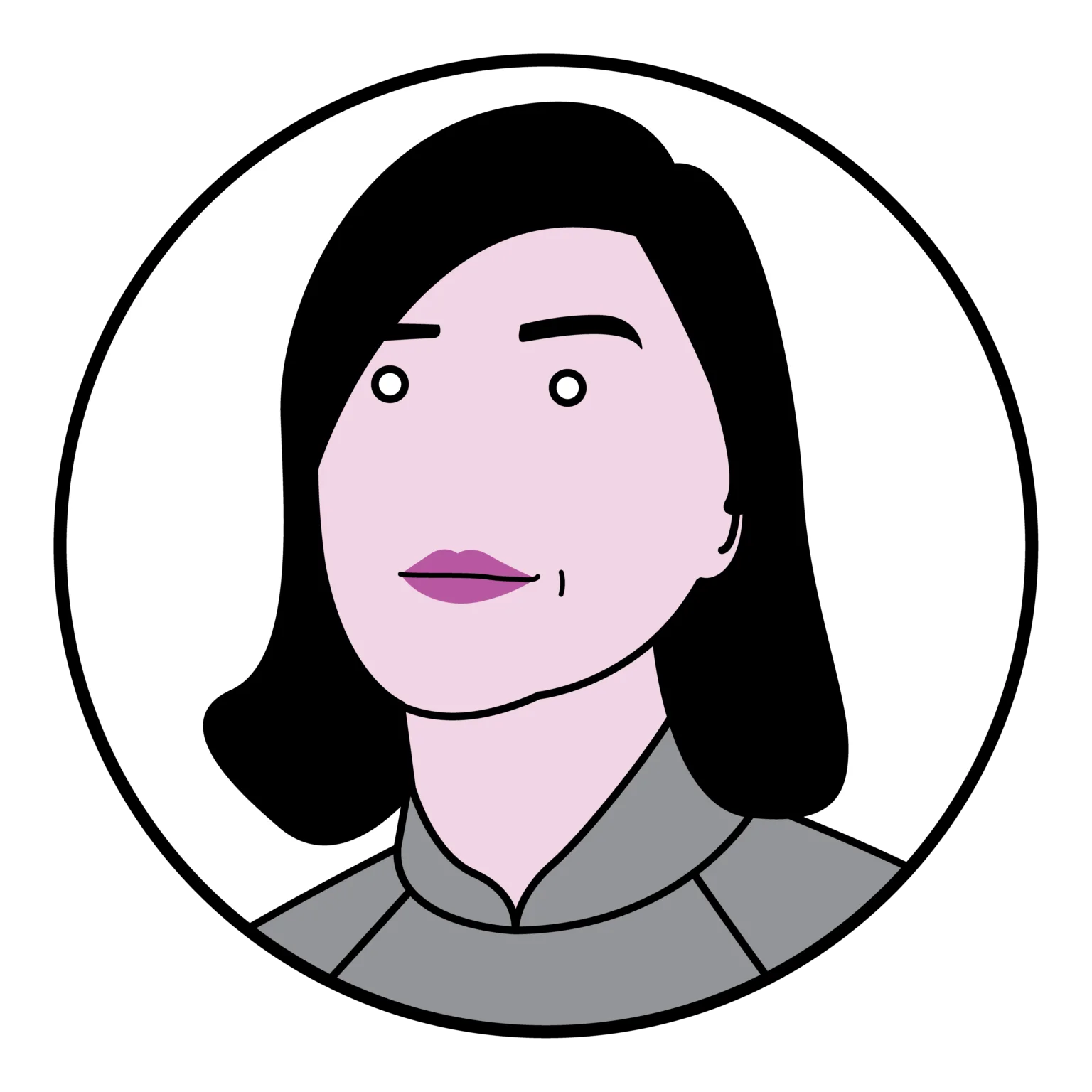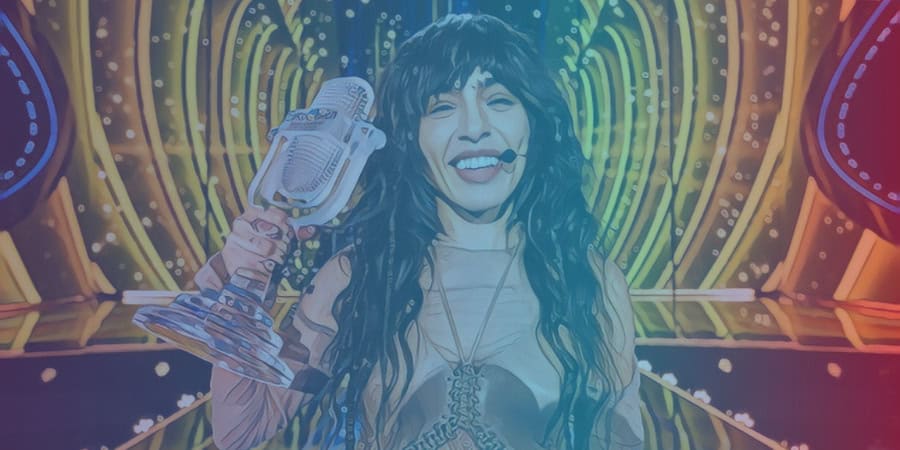I encountered Vi Khi Nao’s writing for the first time with her 2016 novel, Fish in Exile, which centers on a marital breakdown following the drowning of a couple’s two children.
This story raises the inquiry of “Is it better to be at home in exile or in exile at home?”, investigating how mourning can make certain fundamental forms of habitation – such as love, language, body and home – inhabitable.
Just like many of Nao’s works, Fish in Exile contemplates the opportunity for poetic drift, inspired by misery so relentless it shifts “between the ether of this world and sewage.”
Nao’s second book, Swimming with Dead Stars, tells the story of Maldon Interstellar, a Vietnamese writer who lives with two medical issues, one being a physical ailment (a bad heart) and the other an emotional one (suicidal thoughts).
Through a cross-country journey that takes him through academia, healthcare, and Airbnb, Nao reveals the intertwined influences of these establishments and how they bring about the deprivation of Maldon on physical, mental, and financial levels.
Set in a world where “everything is costly,” Maldon has to decide if “the pain of existing is worth the cost.”
Maldon’s desire to be “the Zaha Hadid of literature,” as expressed in Swimming with Dead Stars, hints at the composition of Nao’s archive. It encompasses a variety of forms, including poetry, fiction, cinema, plays, drawings, and cross-genre pieces.
In a similar vein to Hadid, Nao invites the reader to explore and understand the world through a re-imagining of her medium. Sheep Machine, for example, is a book-length ekphrasis of Leslie Thornton’s film of the same name, which encourages a new way of looking at the area of darkness between perceptual frames.
I held an interview with Nao in September 2020, at the close of a long summer of protests and the commencement of the pandemic.
Even through the antiseptic interface of Google Docs, I could feel the intensity of our conversation, which opened up a seemingly small world for me.
I remembered a definition of poetry that Nao gave for an online workshop early in 2020: “Poetry is the capacity to have two faces simultaneously: a face of a fleeting candor and clamor of where one stands in history, at the threshold of suffering and condensation, along with a face of passionate transitory oblivion.” I heard the clamor while reading Swimming with Dead Stars and A Bell Curve Is a Pregnant Straight Line, which were published after our chat. I am thankful that Nao trusted me with her words at that time.
— Kim-Anh Schreiber
A different way of looking at it by Kim-Anh Schreiber is that instead of seeing something as a challenge, it can be seen as an opportunity.
An image depicting Vi Khi Nao is featured here. The artwork is placed against a white backdrop, and the colors used are vibrant and eye-catching. The striking artwork is sure to draw attention to the viewer and mesmerize them.
I. “THE TRUTH OF MY UNHAPPINESS”
Greetings, Vi! How is everything going?
VI KHI NAO: It has been difficult the last week or so, Kim. Thank you for inquiring… My tears have not ceased streaming–I can’t tell if I am standing at the bottom of the cave that has seen all the water fall or if I am the waterfall itself.
There is so much opacity & melancholy in my Niagara-esque existence, in being a vessel that can hold emotions but is forced to release them.
I feel like a faucet– & I have no control over who would manipulate my valve–it appears every day–somebody is standing over me, looming, treating me like a domestic tool–like a kitchen sink– & turning me on and off–not to wash their hands, of course–that I could comprehend, utilizing my tears to clear away the dirt–the wetness–the dust–or even the dusk that is present–but I sense they are just switching me on and off because they are able to– & that is how life chooses to manifest itself.
BLVR: Has this sensation of being similar to the kitchen sink, being switched on and off, been experienced over the past week or for a longer period of time?
VKN: On July 12th, I found myself in tears. It was the week before my forty-first birthday, which I am usually not prone to crying–I know how to express my emotions through crying if I have to, but it is not the language I usually use. Yet since becoming forty-one, it has become my only way of expressing myself.
BLVR: Could this be associated with now being forty-one? In addition, it’s been a few months since the shelter-in-place order started–a decent time to begin to feel overwhelmed emotionally. I can never determine what is the real cause of my emotions these days.
VKN: It is commonly said that age is merely a number, but if the ‘meaning of life’ is forty-two, then forty-one is the last year of living in anticipation of discovering the meaning. My physical body is somberly commiserating the mortality of not recognizing my identity, location, and purpose. I suspect that I wept due to understanding–as the situation of COVID-19 amplifies–that my aspirations will not be fulfilled. It is the acceptance of this reversed destiny and that my life is not only brief, but will also eventually cease to be. My life is like a snowstorm or tornado that has never touched the ground, and this concept of being okay with giving up a dream or nightmare has become the cause of my distress. Tears are the depiction of removing my shoes–a pair of sandals– and leaving them at the entrance of my life as I go in.
BLVR: Could you elaborate on why you believe that the answer to life’s questions is forty-two? Furthermore, how have the current events of the pandemic proven that your aspirations and goals will not come to fruition?
The number 42 in The Hitchhiker ‘s Guide to the Galaxy by Douglas Adams is said to be the “Answer to the Ultimate Question of Life, the Universe, and Everything,” calculated by a supercomputer named Deep Thought over 7.5 million years. Unfortunately, the question remains unknown. From the #MeToo movement to Black Lives Matter and looting, it is evident that history repeats itself.
This is highlighted by the story of Emmett Till who was murdered in 1955 for being young, Black and beautiful. The same fate was inflicted on George Floyd in 2020. It is clear that when things change, they stay the same. I am aware that the patriarchal system will remain in place, and a pineapple will still be a pineapple. These reflections make me ponder the power of naming something and if I am now a God-like being with the power to say no.
BLVR: Have the events of this moment had an influence on your writing, your aspirations related to writing, or your approach to writing?
VKN: I am still writing. During the pandemic, I composed five books across a variety of genres. All of them were inspired by different motivations. In total, I have written 42 books, with one-third of them released to the public.
The virus has encouraged me to write even more–in 2020, I had intended to focus on another goal, but the pandemic has made me go back to the writing desk and consume a pineapple core. Towards the end of 2019, I was ill for a month, and this made me question the purpose of life. To prevent the spread of the illness, I isolated myself and retreated into a shell, like a groundhog. Then, the COVID-19 pandemic struck.
II. A SENSORY OVERLOAD
BLVR: Did you produce your five books [that you composed since the start of COVID] sequentially or all at the same time? Could you tell me which five genres you decided to write in? I’ve always been impressed with how productive your creative process is.
VKN: Simultaneously. A memoir, a compilation of poetry, a short-story anthology, and two books that I co-authored with a beloved.
BLVR: What strategies have proven to be most helpful for you to get through the period of isolation? Does working together with others help?
VKN reports that he has never been addicted to drugs, alcohol, sugar, sex, or coffee. In his early twenties, he was obsessed with playing Scrabble online and asked his sister to block him from the website.
During the COVID pandemic, he returned to the game, but not to the same extent. He muses that collaboration is a digital form of human touch, a type of serotonin delivered not through the body but via the senses and imagination.
The virus has taught us to derive pleasure and bliss, isolation and despair, from nonmaterial products: a word, a sentence, an image, a fragment. We are learning to exist without physical human contact, which is an existential, ontological apocalypse. It is not the stuff of science fiction, but the inability to hold, touch, or caress another person that is the primary driving force of our generation’s mania.
How long can we last before we start to hallucinate being touched or holding someone we love?
BLVR: As I looked over your work for this interview, I couldn’t help but ponder how the collaborative works you do with She Who Has No Master(s) and Human Tetris, in particular, had extended your own writing techniques. Did they provide a counter to the solitary nature of being an author or to the “sensory apocalypse” of our age? What have you learned from collaborative work?
VKN: Writing of any kind is a form of collaboration. Even through publishing, a book’s journey to life is connected to many people, such as the publisher, marketer, bookseller, and reader. It is through this collaboration that Human Tetris was born, seeking to offer an alternative to traditional dating apps. She Who Has No Master(s) calls for Vietnamese female souls to find voices that are not bound by patriarchy.
Collaboration has taught me how to better appreciate solitude, and even when in the company of others, still find my own aloneness. When Dao [Strom] and I ventured to Death Valley, I was not alone in my art, yet my loneliness during COVID-19 could not be erased.
Collaboration does not work like a bank account, where one can withdraw from the depths of desolation. When Ali Raz asked me to translate her poetry, it gave me a more nuanced understanding of loneliness; it could not take away my loneliness, yet it offered me a new perspective into its language.
BLVR: Pondering, I ask myself if the curiosity around Human Tetris and She Who Has No Master(s) – features often found in experimental writing – is also influenced by your background as a Vietnamese American woman. My inquiry is related to the political nature of the genres you write in: Do you identify as an experimental writer? How does your cultural experience shape your approach to language?
VKN: My writing in English is heavily influenced by the long-term effects of Chinese, French, and American occupations, as well as my own experience as a refugee. However, I am not defined simply by these influences. My creative output does not fit neatly into a single category – it is neither just between Vietnamese and English, nor only between sound and image, noise and silence, depression and immortality.
I do not see myself as a ‘lotus flower’ to be eaten and my words are not like a Buddha who waits to be forgotten.
My identity as a woman, lesbian and Vietnamese has not been enough to enable me to exist freely in Western culture, and I often feel stifled and unable to breathe. I used to think my writing was a form of immortality, but now I feel more suffocated than ever by contemporary US culture and the favouritism it shows towards white men. It is like I am feeding the American publishing system rocks – something that is both painful and fruitless.
I no longer wish to be like Ops, Saturn’s wife, and give birth to works only to have them devoured when they enter the world.
III. “TRAVELING BY BOAT ACROSS THE WATER”
BLVR: I, too, am interested in producing work that is not easy to categorize and I respect your writing for helping me to recognize my own hybridities.
However, I frequently sense that the American publishing system does not embrace this kind of output. In your answer, you suggested that your writing has become less experimental, and do you think this is due to the American publishing system? Have you had any negative experiences with it? I have always been impressed by how your work has been able to find its footing and its audience.
VKN: I can attribute my existence to the many systems in place which have generated someone like me. My determination to make my parents proud has cost me my original form. All Vietnamese people want to be able to provide their parents with a comfortable lifestyle in one way or another, whether that be material or nonmaterial.
I often find myself praying that I don’t wake up the next morning and am consistently conscious of my being without the need to hide behind substances. American publishers like to pick a few Asian writers and make them the face of the movement, but this is not true representation. I recognize that I exist in a space that is not artificial, although I am not guiltless. I am constantly chasing opportunities, but the effort I give is not often recognized. I would not recommend this lifestyle, as it is not the way to live in one’s art. Kim, I wish I could take away your awe as suffering is not the way to go.
BLVR: I understand the necessity of adhering to the requirements of certain systems and publishing, even if it means creating something designed for straightforward consumption. I’m sorry to hear that you feel that you have experienced a great deal of hardship and have had little recognition in return. This topic has been discussed with me by numerous artists over the last year.
Has this experience changed your artistic practice or the way you make decisions concerning publishing–who you collaborate with, the choices you make in your career?
VKN: My outlook on ontology has been changed due to the fact that each field has its own political and racial structure, and everyone is affected by the biased systems. My mother wanted me to be a plastic surgeon, thinking that I wouldn’t be where I am if I had taken a different path, however, I still believe I would have ended up here.
I have no control over who publishes me, as the voices of the selected ones are too powerful for others to compete. It is almost like Anna Karenina, waiting for the train to run her over. If I had a choice, I would not even exist, as not existing is the most valuable asset, due to the fact that human consciousness is designed to self-preserve, hence why it is so hard to die.
BLVR: Before we end this conversation, I have two more queries. Sheep Machine and Umbilical Hospital are both poetic descriptions of Leslie Thornton’s video Sheep Machine. Could you share with me your process of creating these two works, and what set them apart from each other?
VKN: My consciousness is like a flower, in that once it blooms, it is in the process of dying or decomposing. Once a concept for a product has planted itself in my subconscious, my existence finds the most direct and expeditious route to accomplish it. It is more efficient than Google Maps, which may ask you to drive over the sea.
My consciousness is more practical and purposeful–I have the capability to shut down anything in my mind. Fish in Exile was formed due to grief–my existence, thus, needed a container for this grief and, like a bowl of rice, it holds my anguish while I was writing it. Sheep Machine and Umbilical Hospital came from a wide range of ritualistic writing where I did strenuous writing exercises each day over a span of five to ten minutes. I modified the manuscript into different styles or movements of existence. Sheep Machine is based on artificiality and numericality, and Umbilical Hospital is constructed on titles.
BLVR: I have one more question that is short. Could you explain what you mean when you state that your written work in English has a Vietnamese essence?
VKN: To put it simply, imagine a small Vietnamese woman with long, black hair who is trying to get into a club. In order to be allowed in, her face and skin tone are made to look white or Caucasian and her hair is dyed white then blond.
Additionally, she has thin, translucent lenses implanted in her eyes that turn them blue. Externally, she looks Caucasian because it is written in English, but her heart, soul, and language are still Vietnamese. She may sometimes wear six-inch heels to make her look taller, and sometimes she eats McDonald’s food to make her look fat and greasy, maybe even crispy.
The amount of energy generated from renewable sources has been steadily increasing in recent years. In fact, it has grown significantly, going from a small percentage to a considerable one.
This is due mainly to the fact that more and more people are utilizing renewable energy sources and investing in technologies that are renewable and sustainable. Consequently, the planet is seeing the benefits of this shift towards renewable energy, with less of an impact on the environment.








